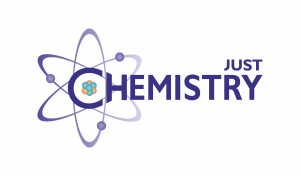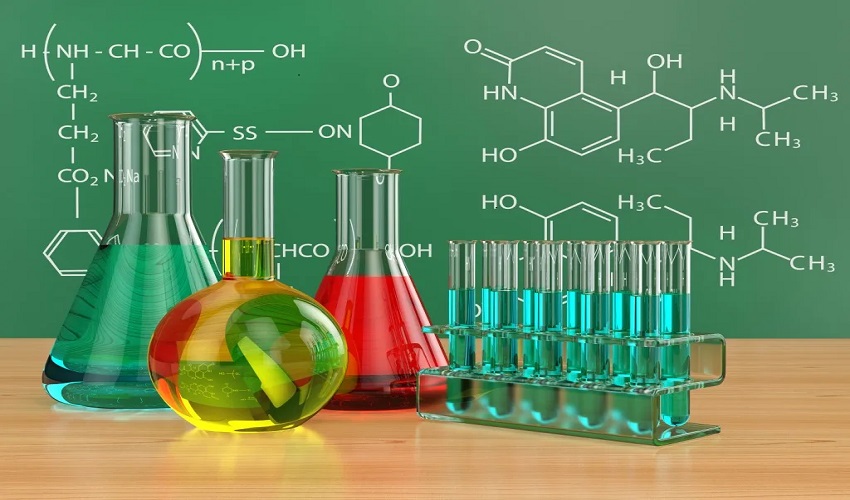
This course explores the chemistry behind modern battery technologies, focusing on the principles of electrochemistry and energy storage. You will learn about different battery types, including lithium-ion, lead-acid, and solid-state batteries, their chemical reactions, and their applications. The course also covers the latest advancements in battery research and sustainability considerations for energy storage systems. Ideal for students interested in sustainable energy solutions and innovations in battery design, this course provides both theoretical and practical knowledge for applications in various industries.
- Teacher: Naftali Ouma

